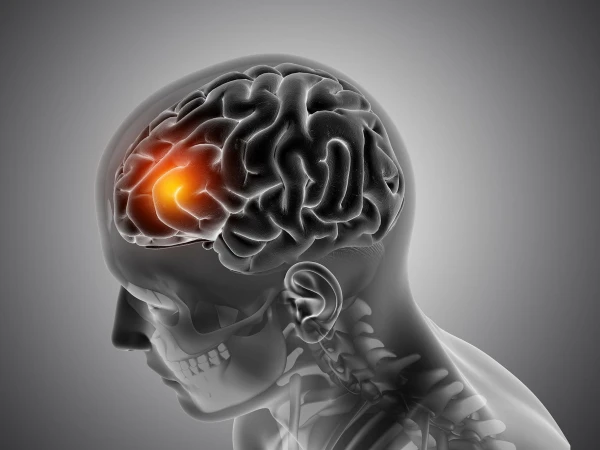In a significant medical breakthrough, scientists have discovered a brain chemical potentially responsible for depression and suicidal thoughts, particularly in people who endured trauma or adversity in their early life.
Researchers from Columbia University and McGill University found that high levels of a brain chemical named “SGK1” may be responsible for depression in this specific group.
The study, published in the journal Molecular Psychiatry, offers a critical insight into why traditional antidepressants often fail to help individuals with a history of childhood trauma. Statistics show that a large portion of adults with major depression (around 60% in the US) and two-thirds of those who attempt suicide have a background of childhood abuse or neglect.
Lead author Christoph Anacker explained that current treatments are often less effective for these patients. “What’s exciting about our study,” he stated, “is that it opens the door to new treatments,” noting that drugs that inhibit SGK1 are already in development and could lead to a new, more effective class of antidepressants.



